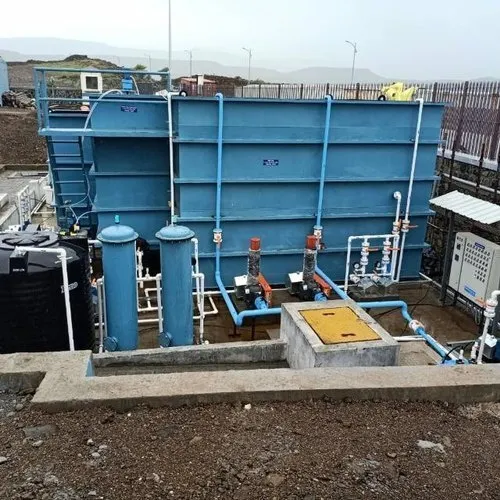Sewage Treatment Plants In Bangalore

Sewage treatment plants, often referred to as wastewater treatment facilities, play a crucial role in maintaining public and environmental health. These facilities are responsible for treating the wastewater generated from homes, businesses, and industries to remove impurities and contaminants before releasing the treated water back into the environment. The sewage treatment process typically involves several stages. First, the incoming sewage is screened to remove large debris and solids. Then, it undergoes primary treatment, where gravity settling or sedimentation helps separate solid particles from the liquid. The remaining liquid, now called effluent, proceeds to secondary treatment, which often involves biological processes to further break down organic matter and remove harmful bacteria. Finally, in the tertiary treatment stage, additional processes such as filtration and chemical disinfection are applied to improve the quality of the effluent, making it safe to be discharged into rivers, lakes, or oceans. The remaining solids are usually processed separately and can be used for various purposes, such as generating biogas or producing fertilizers.
